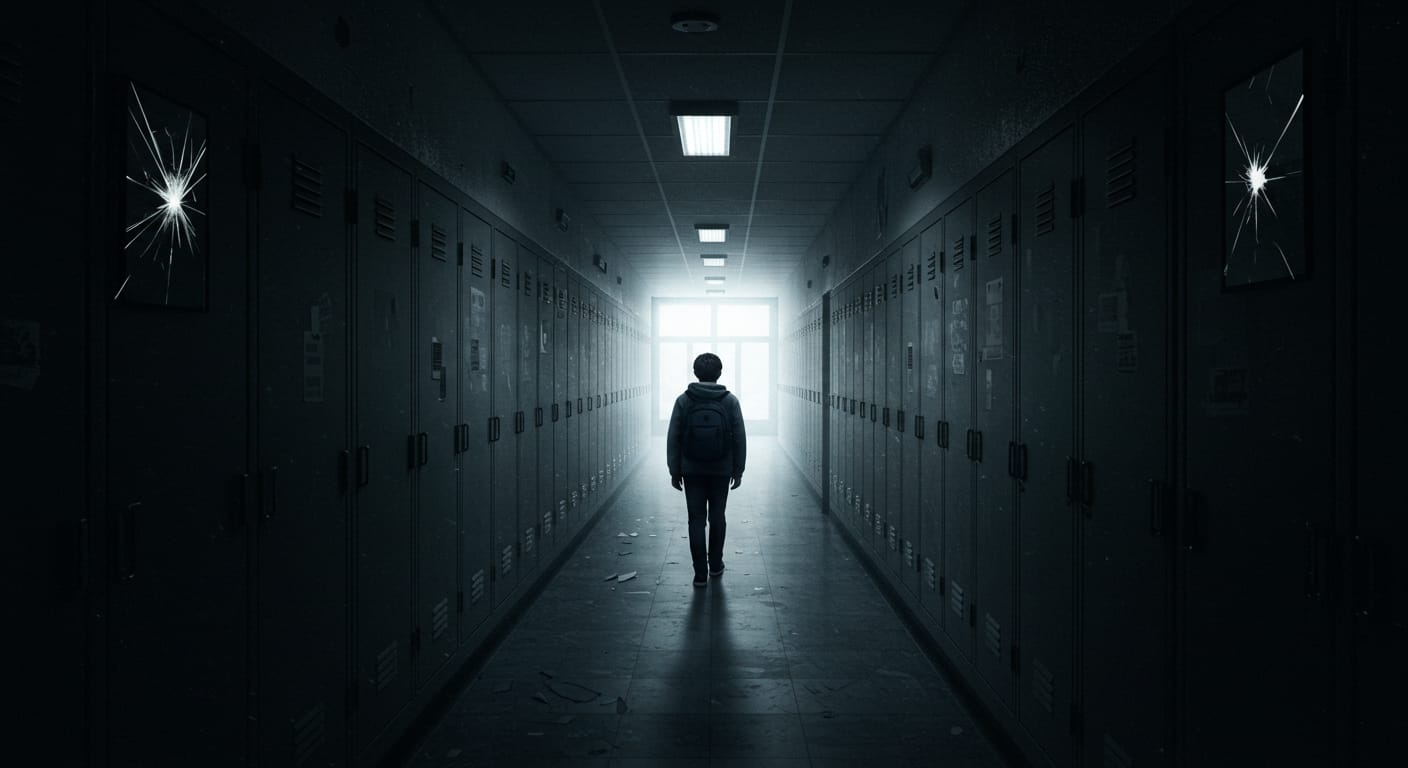Despair Feels Like the End of the World
Depression often feels impossible to describe. Why does it seem like things will never be okay again? The truth is, to begin healing, you have to understand two things: what depression is, and who you are. Once you have some clarity about both, you’ll be more prepared to explore the right treatments, strategies, and support systems.
“We can easily forgive a child who is afraid of the dark; the real tragedy of life is when men are afraid of the light.” — Plato
What Is Teen Depression Really Like?
Many people still wrongly assume that teenage depression is “all in the mind” — something you can just snap out of. While your mindset does matter, depression is not something that vanishes with willpower alone. It’s a real, multi-layered mental health issue that needs compassion, support, and professional attention.
“There are wounds that never show on the body that are deeper and more hurtful than anything that bleeds.” — Laurell K. Hamilton
Types of Mental Health Struggles
According to MentalHealth.net, “Depression is a result of an ongoing struggle that depressed people endure in order to try to keep up emotional contact with desired objects.”
That puts things into perspective. For teens, emotional contact—with family, friends, goals, or even a sense of identity—can feel fragile. This inner battle often leads to feeling helpless, hollow, or stuck in a hole with no way out.
The Teenage Challenge
Being a teenager means juggling the expectations of parents, teachers, friends—and your own. But when you’re also feeling disconnected, sad, or numb, these expectations can become crushing weights.
And while you’re working to build your identity, those emotions can trick you into believing you’re failing or unworthy. It’s this very pressure that can deepen depression and make it seem like there’s no way up or out.
Ask Yourself: Understand Your Emotional Triggers
To better manage depression, it helps to reflect. These questions aren’t meant to fix everything—but they can guide you toward insight:
-
What really makes you tick?
-
What consistently saddens or frustrates you?
-
Have you faced and processed old regrets or trauma?
-
Are you self-critical or quick to anger?
-
Do you feel numb, angry, or emotionally drained?
-
How can you begin to cope differently when those feelings hit?
Being honest about your answers can highlight patterns and reveal emotional triggers. That awareness is often the first small step toward change.
Don’t Wait Too Long—Reach Out
If your depression feels like too much to handle, don’t stay silent. Whether it’s a parent, counselor, or peer support group, talk to someone. You don’t have to carry this alone.
There’s no shame in reaching out.
There is only courage in taking that first step.
If you need confidential support, call a mental health hotline. For example, the Georgia Crisis & Access Line (GCAL) is available at 1-800-715-4225.
You are not alone.
The hole you’re in isn’t bottomless—and light does exist at the end of this tunnel.



Thank you so much for touching on teen depression. That is a much needed area of help
I feel like everyone can relate to being depressed from time to time and maybe not even understanding or not willing to admit to ourselves what the root cause may actually be.
I became deeply depressed after my mother’s death and it lasted about 19 months. I gained 20 lbs. during that time even though I made a conscience effort to do everyday normal things. I feel so much better now and look back on that time as a learning experience.
Shirley Wood,
Thank you for sharing your personal story about depression. Teenagers who are depressed often can’t see beyond their sadness. Sharing you story helps bring awareness to the forefront.
It is so important to have these conversations about depression and mental illness. Even though people can be more open than they were in the past, there is till such stigma attached to these illnesses in many arenas. There should be no shame about openly discussing depression, no one is ashamed of cancer or diabetes and depression is a well recognized medical issue. Keep the conversation going, you never know who you might help!
Michelle @ Sunshine, Teenage Depression not many people are aware or like you said want discuss due to stigma. Everyday kids are being bullying school yards, hallways, and majority of them in secret cutting. Self harm is a big issue along with suicide. I know I see them everyday.
What a great resource for any teens struggling with this! Easy for them to understand and relate to!
Amy, thank you for your support and sharing the information to other teens.
I’m dealing with this today actually. I had a panic attack earlier this morning In my car in the Target parking lot. I’m trying to figure out my triggers and it’s so difficult and frustrating.
Leslie, If you need assistance maybe you need to talk to someone you can trust. Your primary medical doctor can help. I hope you feel better.